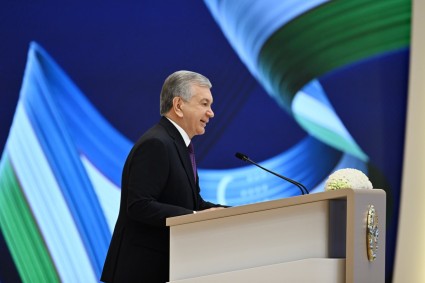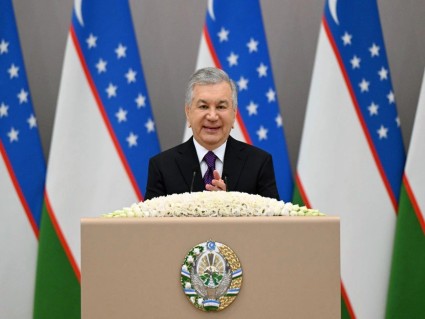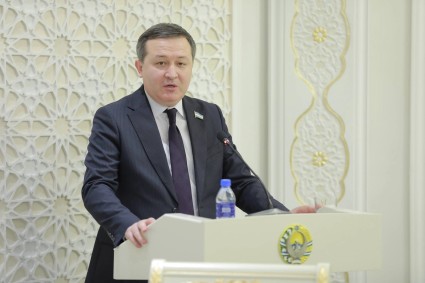The number of attempts to smuggle drugs through the transport infrastructure of Uzbekistan is growing, stated the director of the National Information and Analytical Center for Drug Control (NIACCN) Olim Narzullaev at a meeting of the heads of the relevant authorities of the SCO member states today in Tashkent, Dunyo news agency reported.
“There is an increase in the volume of drug trafficking from Afghanistan through the Northern Route, especially against the background of active integration processes with the countries of the region, through whose territories the main drug flows pass, there is an increase in attempts to smuggle drugs through the transport infrastructure of Uzbekistan,” said Olim Narzullaev.
Earlier in February, Uzbek customs officers and border guards detained a truck transporting cotton in transit from Tajikistan to Russia at the Oybek border post. 230 kg of heroin were found in the cache. In March, an attempt to smuggle hashish in bundles in the form of potatoes with a total weight of more than 154 kg was suppressed at the Airitom border customs post in the Surkhandarya region.
In early April, the Taliban banned farmers from growing drugs throughout Afghanistan. If the harvest is discovered, violators may face punishment under Sharia law. Uzbekistan welcomed the ban and expressed support for the move.
Director of the Executive Committee of the Regional Anti-Terrorist Structure of the Shanghai Cooperation Organization (RATS SCO) Ruslan Mirzaev commented on this decision of the Taliban at the meeting.
“It is important, in our opinion, to note that even today, the Taliban's statements on the ban on poppy cultivation in Afghanistan are already causing cautious optimism,” he said.
The director of the executive committee of the SCO RATS noted that it is necessary to expand comprehensive assistance to the new authorities of Afghanistan, which are not able to fight such a large-scale threat as drug crime on their own.
Ruslan Mirzayev also stated that the SCO member states are now objects of drug aggression and, at the same time, targets of international terrorist groups.
"Both threats come from a single springboard, a common source - the cultivation, production and sale of heroin for many years provided the bulk of the income of terrorist groups operating in Afghanistan," the director of the executive committee explained.










